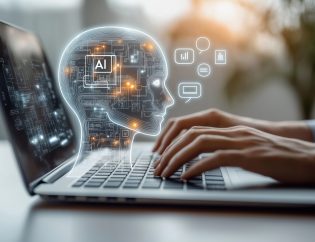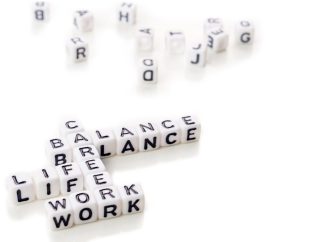The unemployment rate is at a record low right now. With the amount of baby boomers who are retiring, the number of available positions exceeds the number of people who are unemployed in America. This makes it extremely difficult to hire and retain talent. HR departments and recruiters are using helpful tools to make the hiring process easier. One of these tools is the pre-employment personality test.
Pre-employment assessments are useful for gathering objective data about candidates. They can help you make decisions as a recruiter about whether or not a candidate is a good fit for the job opening you are hiring for. There are different kinds of pre-employment assessments: personality tests, aptitude tests, skills tests, physical ability tests, biographical data, and work samples.
There are many benefits associated with pre-employment assessments:
- Learn about who the candidates are - Getting to know a person--understanding how they communicate, what motivates them, etc.--can take months. Resumes are good for learning what a person has done, but pre-employment assessments can tell you who a person is. You can learn what the candidate would be like in the job, day after day.
- Be more objective - It’s impossible to remove all biases from the hiring process. As a recruiter, you might unconsciously favor a candidate who graduated from your college, for example. Assessments put all candidates on a level playing field and allow you to be more objective about who they are as candidates.
- Screen candidates faster - If assessments are given early in the process, you’ll be able to focus on the candidates who are the best fit for the job. You will spend less time on individuals who are not a great fit.
- Find candidates with potential - When just looking at resumes, it’s hard to tell what kind of potential a candidate has if they don’t have a lot of experience. Assessments are very beneficial for candidates who don’t have a ton of experience.
- Reduce the chance that the candidate won’t work out - Any recruiter knows that hiring a person whose personality doesn’t match the needed traits of the job can result in turnover. The assessments can alert you to any job mismatches. And then you can decide whether or not the mismatch is a deal breaker.
When utilizing pre-employment assessments, there are some best practice recommendations that you’ll want to follow like:
- Give the tests early - The best time to implement pre-employment assessments is early in the hiring process. This can help you narrow down candidates to those who are really a good fit for the job.
- Avoid complex assessments - Assessments that are too complex will turn away some candidates.
- Verify the results where possible - Some candidates will answer the questions the way they think they should. It’s important to call their references, and compare what they say with the assessment answers.
- Follow the law - While the law doesn’t prohibit employers or recruiters from giving pre-employment assessments, it does prohibit discrimination on the basis of sex, race, religion, color, or national origin. So it’s important that you don’t discriminate on the basis of these aspects during your pre-employment assessments.
Pre-employment assessments can be a great tool for recruiters. If you are going to use them, though, you should keep in mind that they are just one tool of many that you can use in the hiring process.
In today's fiercely competitive job market, staying ahead in the recruitment game is essential. To sharpen the edge of recruitment, companies are increasingly turning to AI-powered skill assessment tools. These cutting-edge technologies enable recruiters to make more precise hiring decisions by evaluating candidates' skills and abilities objectively. By harnessing AI-driven algorithms, hiring managers can streamline the screening process, identify top talents swiftly, and ensure the perfect match between candidates and job roles. This innovative approach not only saves time but also significantly reduces the risk of hiring mismatches, ultimately leading to more successful and productive teams. Embracing AI-powered skill assessment tools is the future of recruitment, promising a more efficient and accurate way to build a workforce tailored for success.









